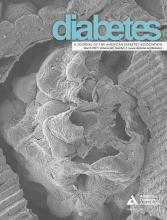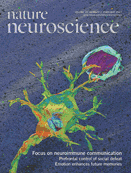
Expressions of concern, as regular Retraction Watch readers will know, are rare but important signals in the scientific record. Neither retractions nor corrections, they alert readers that there may be an issue with a paper, but that the full story is not yet clear. But what ultimately happens to papers flagged by these editorial notices? How often are they eventually retracted or corrected, and how often do expressions of concern linger indefinitely? Hilda Bastian and two colleagues from the U.S. National Library of Medicine, which runs PubMed, recently set out to try to answer those questions. We talked to her about the project by email.
Retraction Watch (RW): The National Library of Medicine recently decided to index expressions of concern, which it hadn’t before. Why the change? Continue reading Stuck in limbo: What happens to papers flagged by journals as potentially problematic?




 Only days after his paper was published online, a neuroscientist has posted a comment on PubMed alerting readers to several duplication errors.
Only days after his paper was published online, a neuroscientist has posted a comment on PubMed alerting readers to several duplication errors.

 A researcher has lost his position as a Chief Scientific Officer at a DNA sequencing company after
A researcher has lost his position as a Chief Scientific Officer at a DNA sequencing company after 
